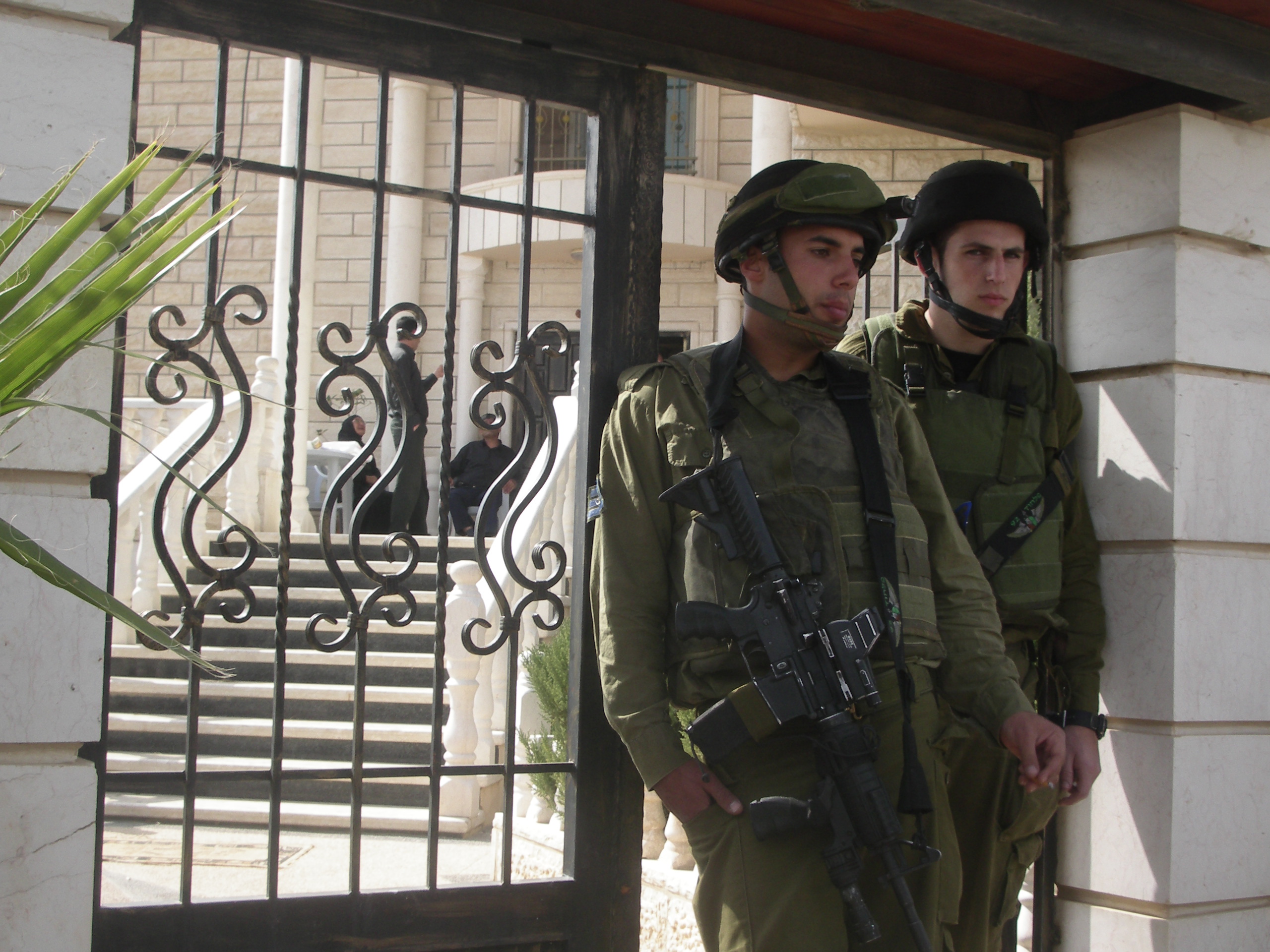Tag: Civilian Death
-
Israeli forces use excessive lethal force killing Palestinian civilian and wounding and arresting another in the north of the Gaza Strip
2nd October 2013 | Palestinian Centre for Human Rights| Gaza, Occupied Palestine In an excessive use of lethal force, on Monday, 30 September 2013, Israeli forces killed a Palestinian civilian, and wounded another one before arresting him, near the border fence, east of Beit Hanoun in the north of the Gaza Strip. According to investigations conducted…
-
Three killed in Qalandiya: Protests spread across West Bank
26th August 2013 | International Solidarity Movement, Ramallah Team | Qalandiya Refugee Camp, Occupied Palestine At around 2am on 26th August 2013, eleven military jeeps invaded Qalandiya refugee camp during an operation to arrest a recently released prisoner. Residents of the camp tried to stop the army from arresting the man by throwing stones at…
-
The Al Dalu family. Never forget.
by Rosa Schiano 4 December 2012 | il Blog di Olivia On 18 November 2012, on the fifth day of the Israeli military offensive “Pillar of Defence” against Gaza, a war bulletin reported 72 people killed, including 19 children, 670 wounded, most of them women and children. That day, the Israeli air force bombed a…

